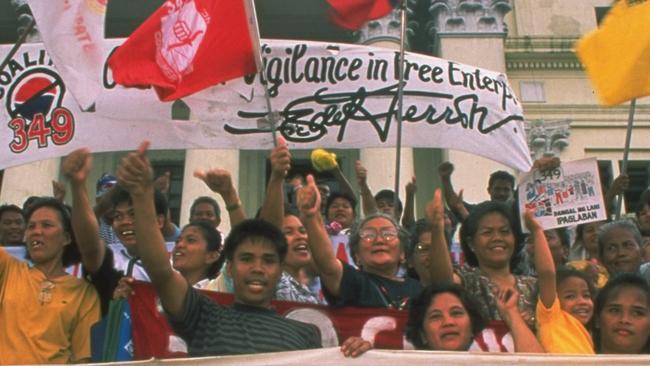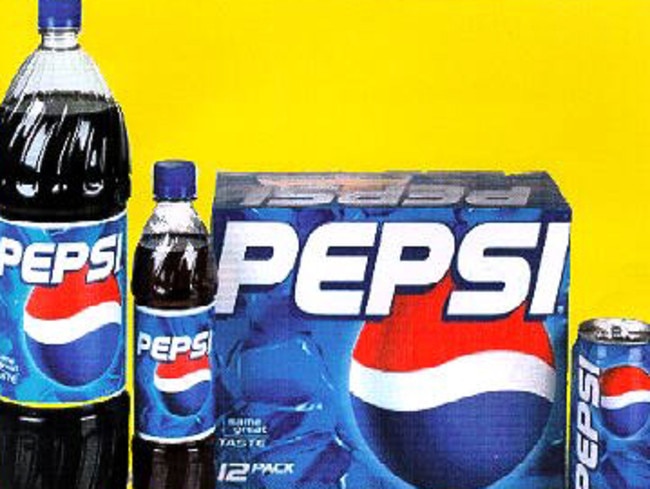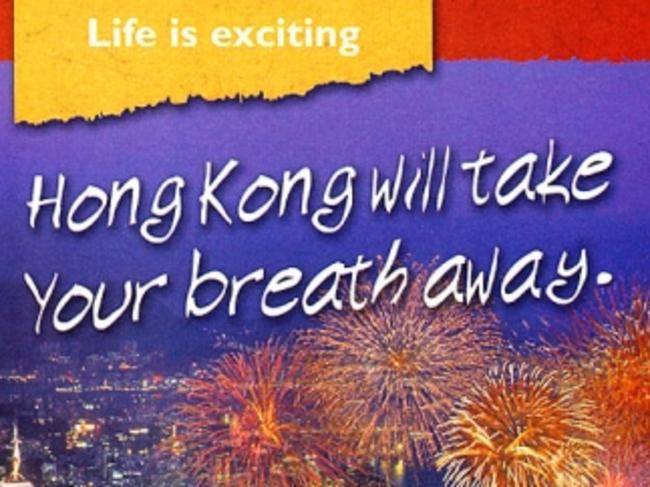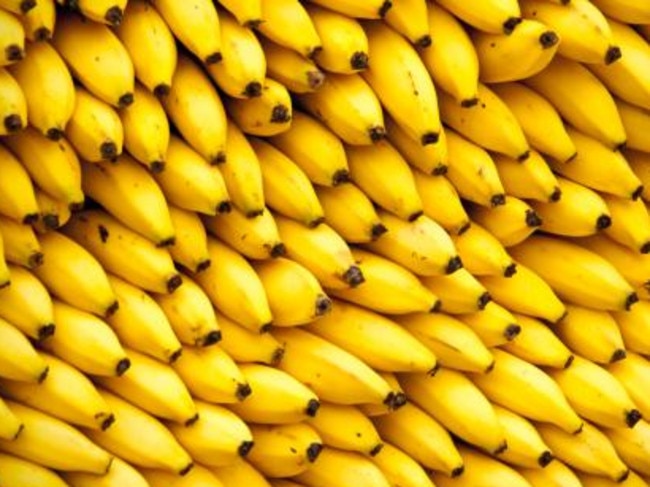Marketing stunts that go spectacularly wrong
THERE’S nothing quite like a marketing stunt gone oh-so-wrong. But this isn’t your rogue hashtag, it’s more like riots, disease and molotov cocktails.

THESE days, a hashtag gone wrong is enough to make any marketing or PR person spin out of control. But that’s nothing compared to these bona fide marketing stuff-ups.
MOLOTOV COCKTAILS
There’s never been quite another marketing disaster as the one faced by Pepsi in the Philippines in 1992.
Pepsi was on a mission to increase its market share in South East Asia, where it was lagging significantly behind Coca-Cola. So it came up with a marketing campaign that would drive sales volume. During the promotional period, a three-digit number would be printed under every cap on a bottle of Pepsi. At the end of the promo period, Pepsi was going to announce winning numbers which would entitle the winners including a grand prize of one million pesos (approximately $50,000 in 1992).

It started off well — people started buying a lot of Pepsi. But it went haywire when the company announced the winning number: 349. According to the Seattle Times, one Filipino Victoria Angelo, was ecstatic when she saw she had the winning number among her many bottle caps. She thought she had struck it rich.
Problem was, she was far from the only one. A glitch meant that Pepsi’s winning number wasn’t a unique number that had made it onto one bottle cap. Number 349 had been printed on 800,000 times. Ouch.
Soon tens of thousands of Filipinos were demanding their million pesos. Pepsi retracted the winning number and a full-blown riot ensued. More than 30 Pepsi delivery trucks were firebombed or overturned. Molotov cocktails and homemade bombs were thrown at Pepsi offices and a grenade tossed at a Pepsi truck resulted in two deaths and injured six others.
Pepsi officials had received so many death threats, the company withdrew its senior non-Filipino personnel, except for two, and left a man with experience in war-torn Beirut in charge. The company was slapped with lawsuits from thousands of people and in the end had to fight off criminal charges.
TAKE YOUR BREATH AWAY

There’s bad timing and then there’s baaad timing. The Hong Kong Tourism board was feeling the second type after it commissioned a new campaign for the island cosmopolis in 2003.
It was innocent enough. A striking image of the Hong Kong skyline with fireworks and a pretty generic advertising tagline: “Hong Kong will take your breath away.” Cue disaster. The literal kind.
SARS happened. If your memory is short and you’ve already forgot what SARS was all about, just remember this point: One of the main symptoms of SARS was shortness of breath.
At the time the campaign was running in luxury travel publications such as Conde Nast, 100 people had died from SARS, mostly in southern China and Hong Kong. It was a cruel irony.
When the SARS outbreak happened, the tourism board tried to change the copy in the ad from ‘Hong Kong will take your breath away’ to ‘There’s no place like Hong Kong’, reported The Guardian, but for a lot of monthly magazines, it was too late.
GOING BANANAS
In 1986 a US discount chain called Silo put out a print ad promoting a sale on stereo systems for “299 bananas”.
So, what Silo meant by “299 bananas” is the stereo costs $299. Because, apparently, ‘bananas’ is an old-school term for dollars. Much like ‘buckaroos’ but it would be hard to imagine someone turning up with 299 cowboys to exchange for a sound system.

But 299 bananas are apparently easy enough to cart around. Because that’s what customers did when they saw Silo’s ad. And 299 bananas in the 1980s cost a lot less than what they cost in Australia when cyclones Larry and Yasi wiped out our supply. 299 bananas were worth about $40 back then.
Faced with hundreds of bananas, Silo could nothing but honour their customers’ literal interpretation of its promotion. In total, 35 stereos were exchanged for fruit, according to Philly.com.
The company lost over $10,000 in revenue on the stereos and ended up with thousands of bananas it couldn’t get rid of.
Obviously, the company scrapped the ad as soon as people started walking through its doors with bunches of fruit. Silo advertising president Michael O’Hara said at the time: “I looked at the commercial before it aired, and so had many people here and at our ad agency. It didn’t dawn on one person that people would bring bananas.”



